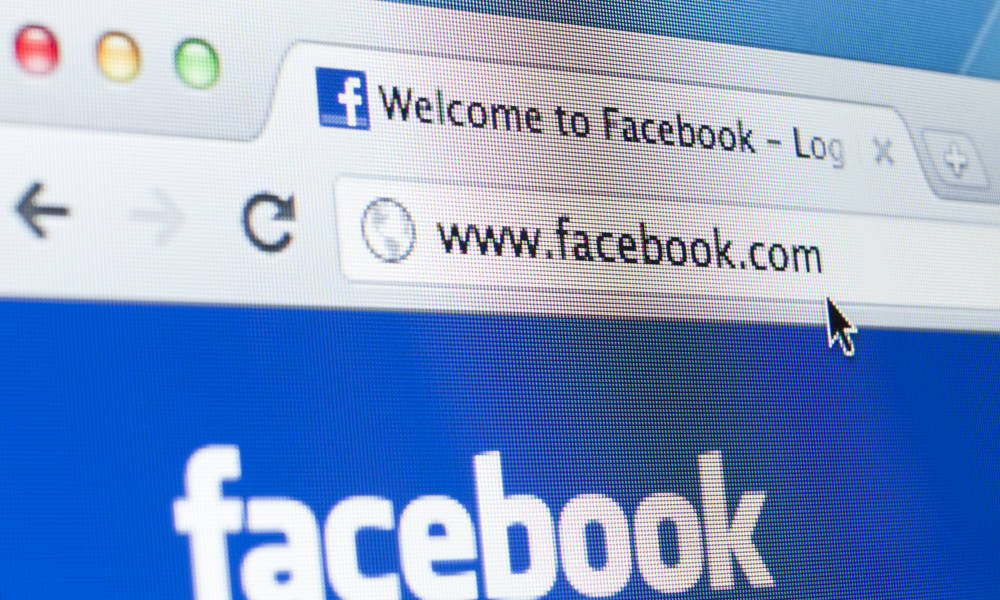
In “Digital Protest,” NAACP Urges Users to Boycott Facebook
The civil rights organization launched a weeklong boycott of Facebook Tuesday, saying it had failed to respond strongly enough to misinformation posted on the platform in 2016 that reportedly aimed to keep African-American voters from the polls.
After reports released Monday by the Senate Intelligence Committee revealed that the Russian social media campaign to influence the 2016 election specifically targeted African-Americans to suppress voting, the NAACP asked its supporters to boycott Facebook for a week by logging out on Tuesday.
The boycott, which also includes Facebook-owned Instagram, comes at a cost to the organization, which announced that it had returned a sizable donation from Facebook.
The organization called on the Senate to investigate the Russian influence campaign further and said the “digital protest” also responds “to the tech company’s history of data hacks which unfairly target its users of color.” In addition, NAACP President and CEO Derrick Johnson cited concerns about Facebook’s use of opposition research in an effort to discredit the company’s critics, highlighted in recent New York Times coverage.
“Facebook’s engagement with partisan firms, its targeting of political opponents, the spread of misinformation, and the utilization of Facebook for propaganda promoting disingenuous portrayals of the African-American community is reprehensible,” Johnson said in a news release.
The campaign, using the hashtag #LogOutFacebook, comes weeks after a former Facebook employee, Mark S. Luckie, publicly raised concerns about the company’s treatment of African-American employees and users.
“Diversity defines our external image and relationships,” wrote Luckie, who served as Facebook’s strategic partner manager for global influencers focused on underrepresented voices. “It is therefore important that inclusion is methodically woven into the fabric of the company.”
With concerns such as Luckie’s on the rise, Facebook released an audit this week to study the firm’s civil rights record. The NAACP’s Johnson noted the timing—the report came out the day the group launched the boycott—and said action mattered more than research.
“We cannot pay lip service to issues that directly impact and affect us,” Johnson said. “For millions of African-Americans and people of color, the results of the 2016 election have been detrimental to our very livelihood.”
The NAACP’s historic legacy of leading boycotts to prompt change includes a long-running economic boycott of the state of South Carolina, which ended in 2015. Earlier this year, the organization’s travel advisory against American Airlines ended after the airline agreed to make significant changes to improve its record on bias issues. A separate travel advisory was issued for the state of Missouri last year, urging caution for African-Americans visiting the state “given the series of questionable, race-based incidents occurring statewide recently.”
(TARIK/iStock Unreleased/Getty Images Plus)






Comments